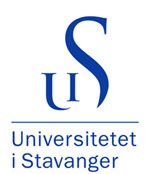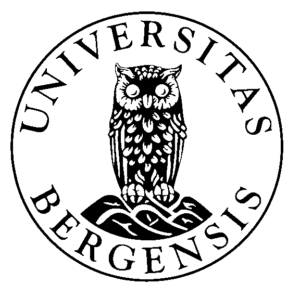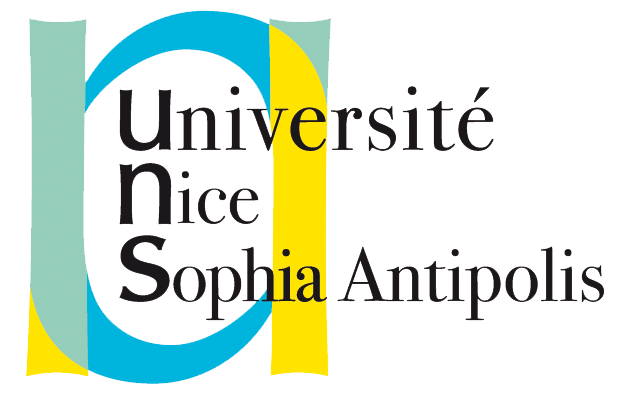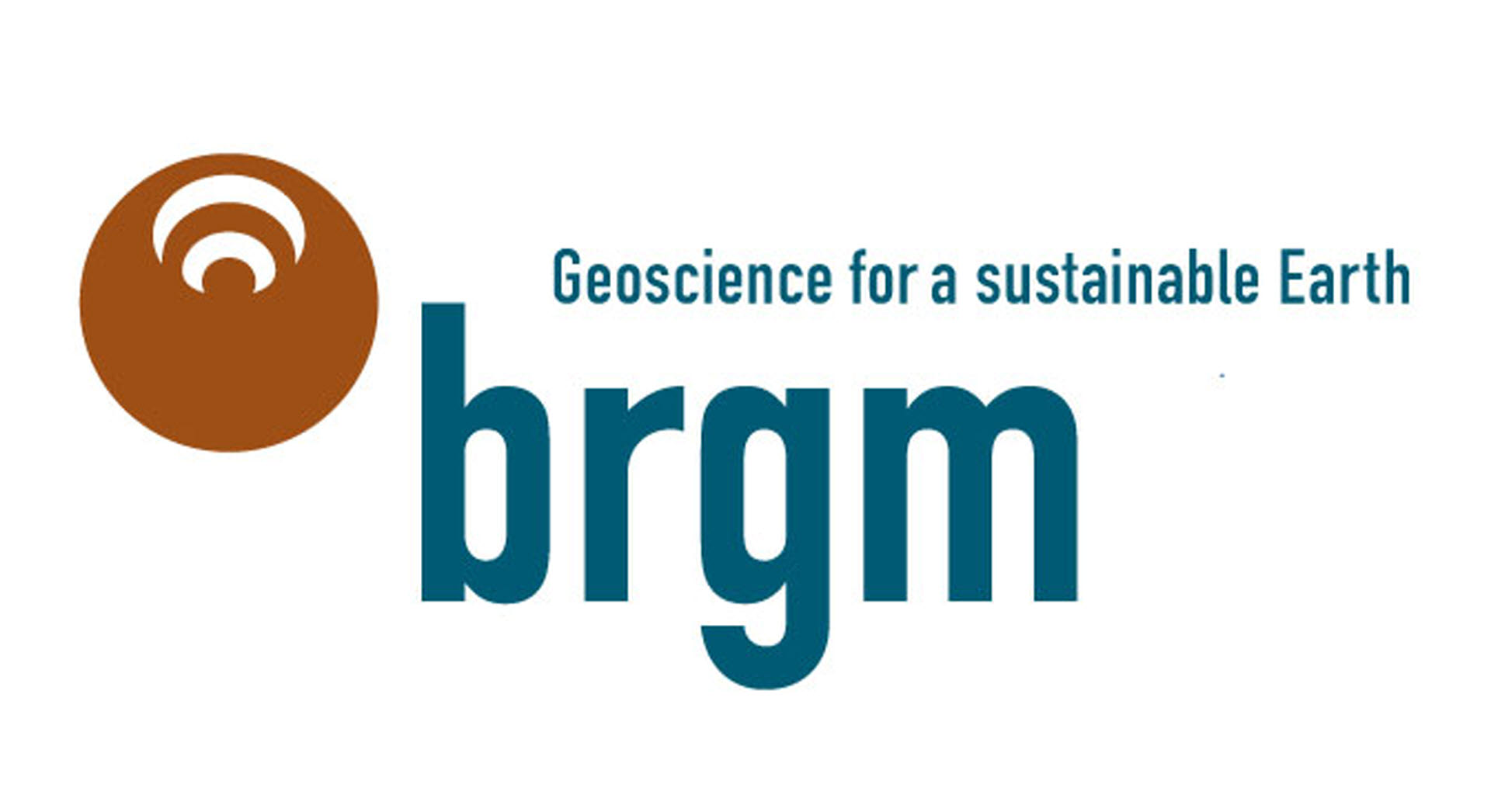NORCE is a new and forward-looking research institute, with expertise in a wide range of fields and strong communities of knowledge. We deliver research and innovation in energy, health care, climate, the environment, society and technology. Our solutions address key challenges for society and contribute to value creation on the local, national and global levels.
NORCE is one of Norway's largest independent research institutes, and has 700 employees, 1 500 projects, an annual turnover of NOK 890 million, and some 500 scientific publications per year.
If we include NORCE's subsidiaries, the group has 800 employees from around the world. The group's knowledge is represented in several countries, and its turnover is over NOK 1 billion.NORCE's main office is in Bergen, and the group has a strong presence in Haugesund, Stavanger, Kristiansand, Grimstad and Oslo.






